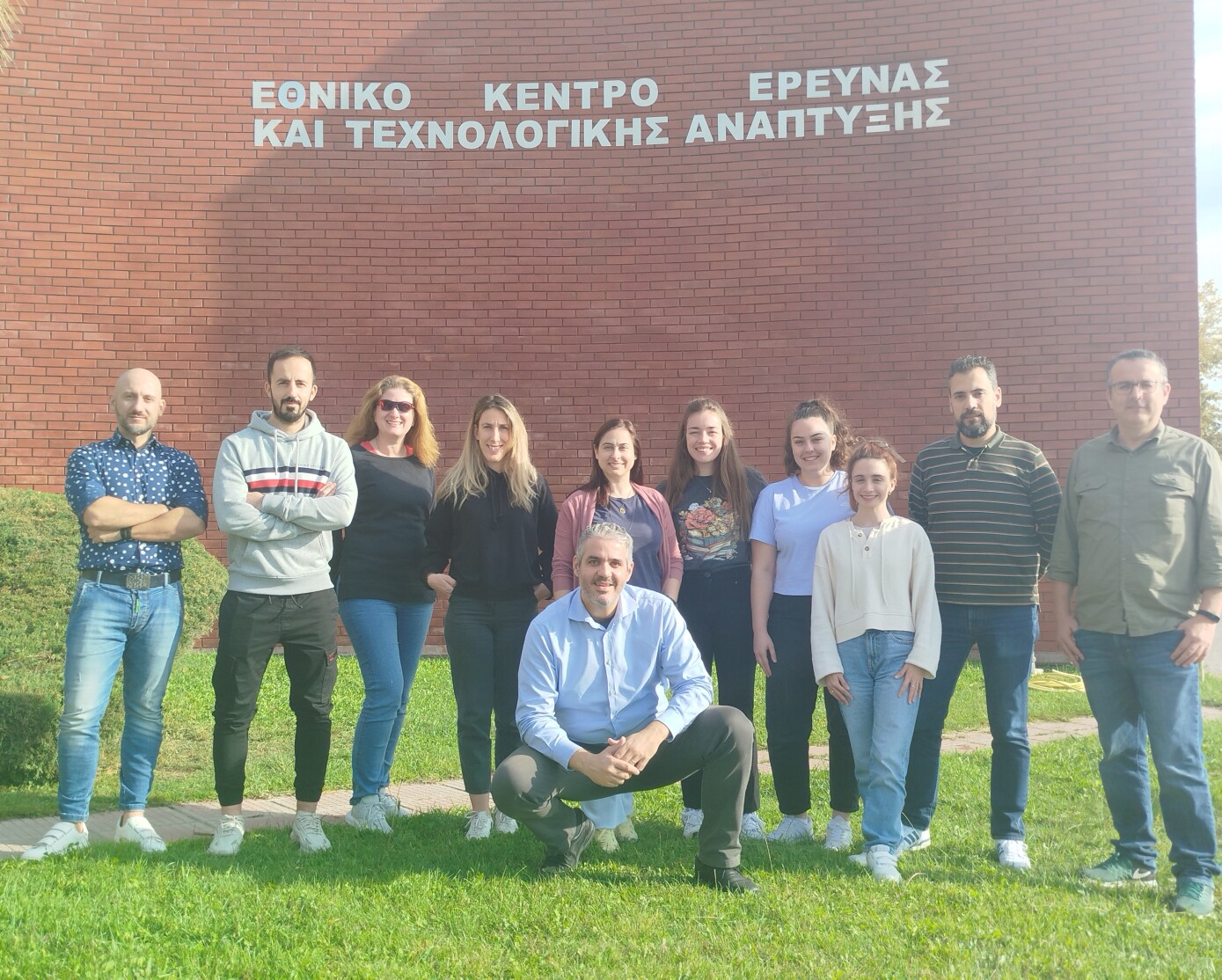CERTH - Centre for Research and Technology Hellas
NRRE laboratory (Natural Resources and Renewable Energies) of CPERI (Chemical Process and Energy Resources Institute), CERTH (Centre for Research and Technology Hellas)
What are your main tasks in the project?
The CORNESTONE team of the NRRE Lab at CPERI/CERTH is actively involved in technical WPs 1 and 3 to validate (TRL 4) and demonstrate (TRL 6) at operational environment two of the six advanced technological modules proposed in the project for the reuse and recycling of industrial waste streams. These are Hollow Fiber Nanofiltration (HF-NF) for ion separation and Bipolar Membrane Electrodialysis (BMED) for upgrading salt resources to more valuable products. The NRRE team will support the upscaling of two operational demonstration plants in steel and P&P industrial facilities in Germany and France and contribute to the generation of data used for the development and optimization of digital twins, decision support tools for digitally assisted industrial water, energy and resource supply and for life cycle cost estimation (WP4). In addition, the NRRE team will contribute to an efficient communication and dissemination of the project results in horizontal WP6 to raise awareness of the CORNERSTONE innovations and their benefits.
What are your goals?
An overarching goal of CORNERSTONE is the development of combined processes/technologies and tools for the sustainable use/management of industrial process streams. To achieve this goal, the NRRE Lab aims to develop and optimize the recovery of water and solutes in the steel and P&P industries, along with pollution reduction and Zero Liquid Discharge (ZLD) to protect the environment and human health. By focusing on advanced membrane processes such as HF-NF, which has unique separation properties, and BMED, which produces value-added by-products (e.g. acid and alkali solutions) from industrial brine, we aim to propose sustainable process schemes by minimizing environmental impact and operating costs per unit of treated water in conjunction with maximizing process reliability to meet industrial needs.
What is your motivation and what excites you the most about your work?
Our motivation is to continue to pursue excellence and proven expertise in technologies that support the EU's sustainable transition to a modern, resource-efficient and competitive economy. In particular, the potential of membrane technologies and membrane-based hybrid processes in addressing water challenges is great and innovation in process development is expected to be at the forefront of future research activities. We are also excited about the inspiring and multidisciplinary collaboration with other Technology and Industry partners within CORNERSTONE, which together support the EU vision for a sustainable future as envisioned by the Commission’s new Green Deal strategy.
Which impact do you think your research/work will have on the future?
Water research at the NRRE Lab has traditionally been focused on supporting the EU's commitments under the Water Action Agenda. These include promoting a more integrated approach to water resource management across all sectors and promoting the circular economy in the use of water for industry by increasing water efficiency and water reuse. Our work within CORNERSTONE contributes significantly to this direction and paves the way for new applications of novel HF-NF and BMED technologies.
19/11/2024

